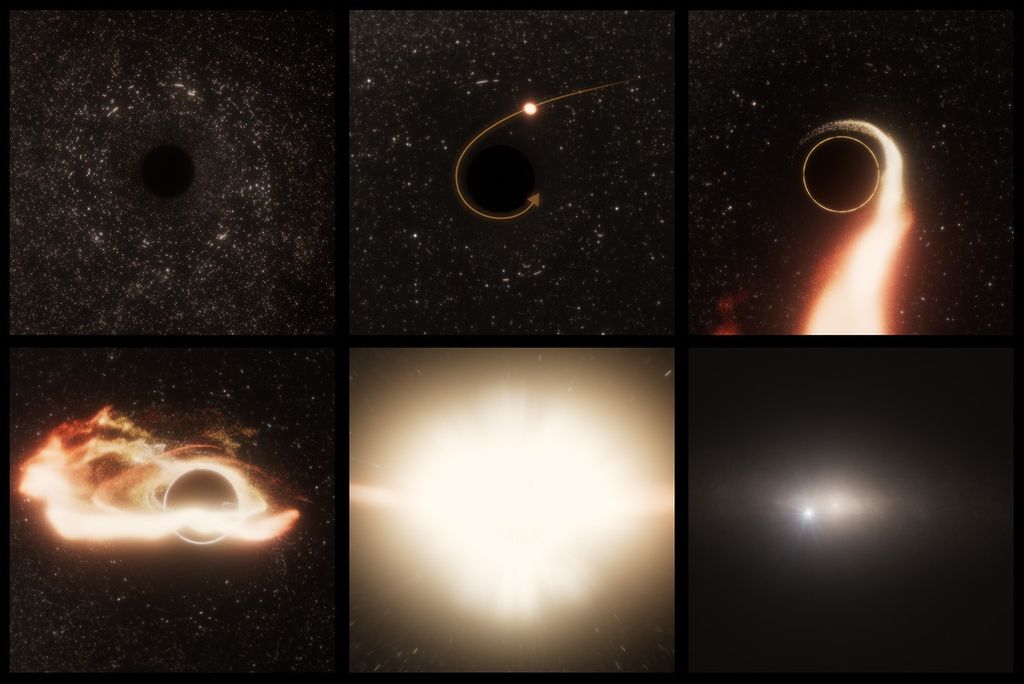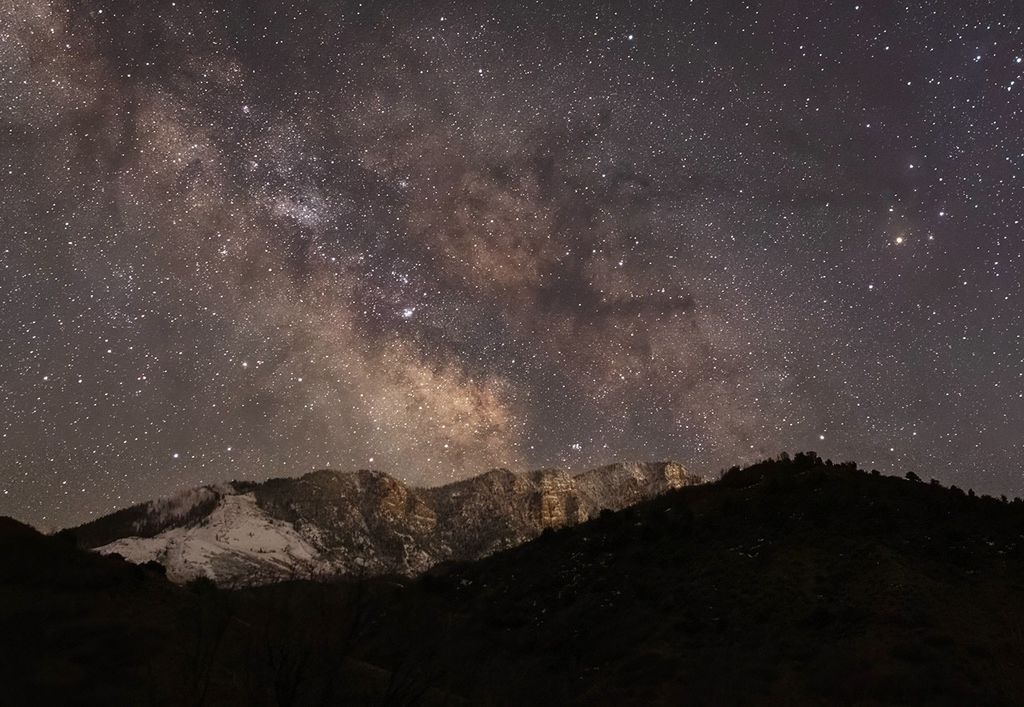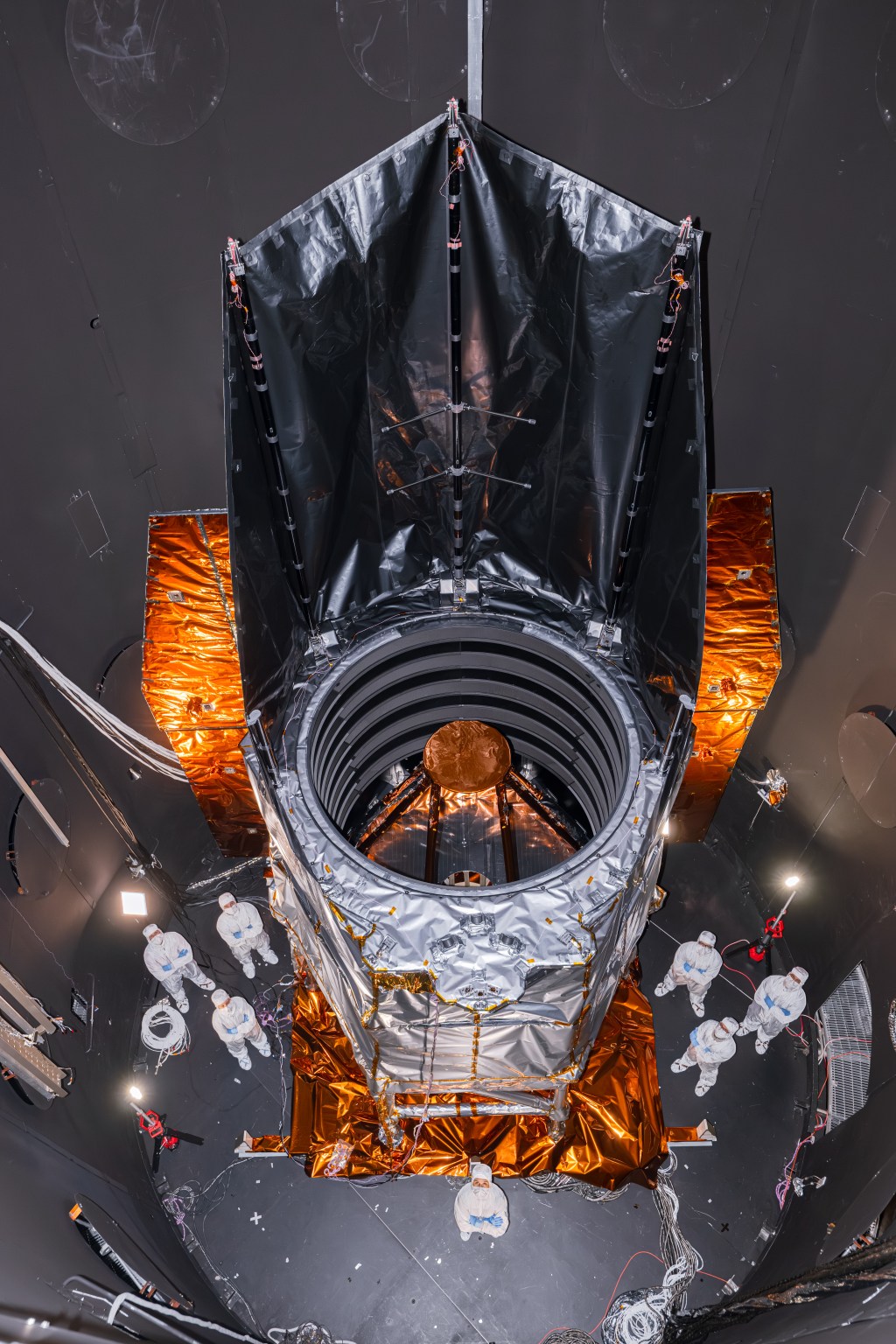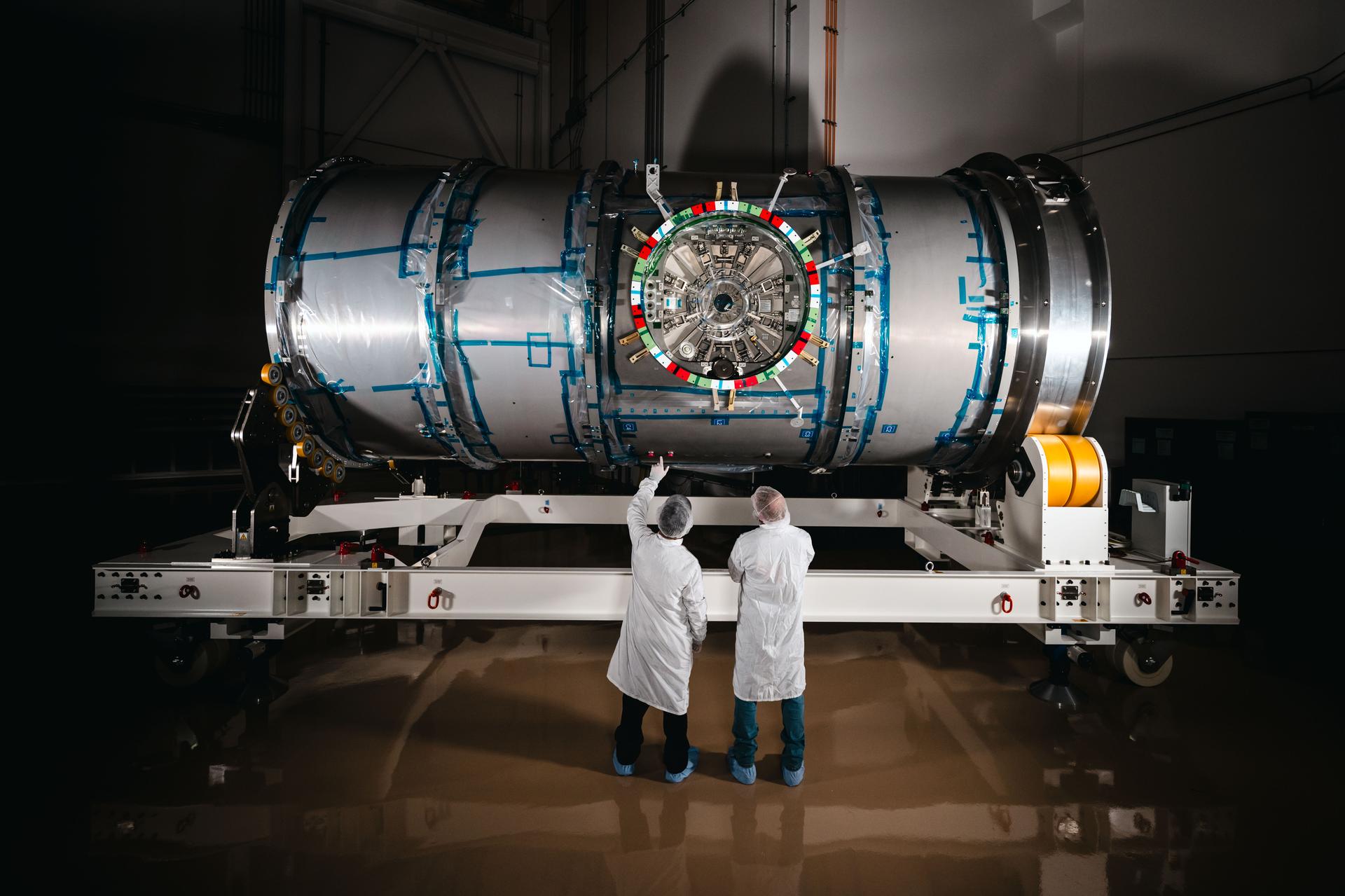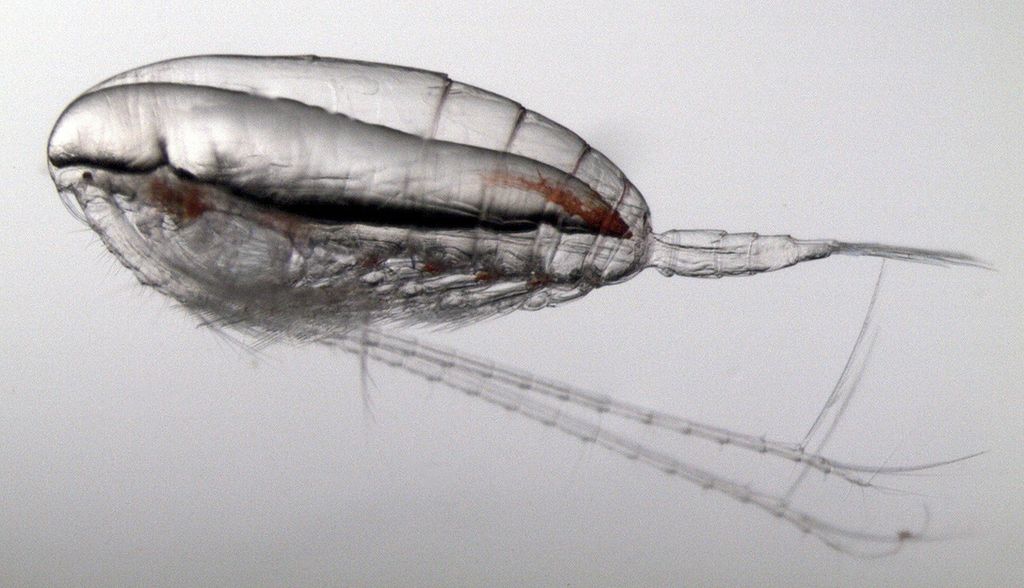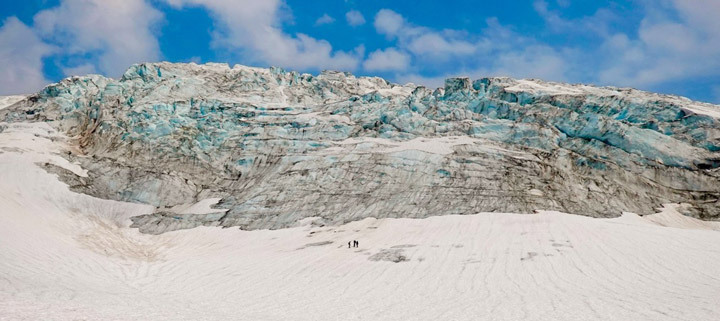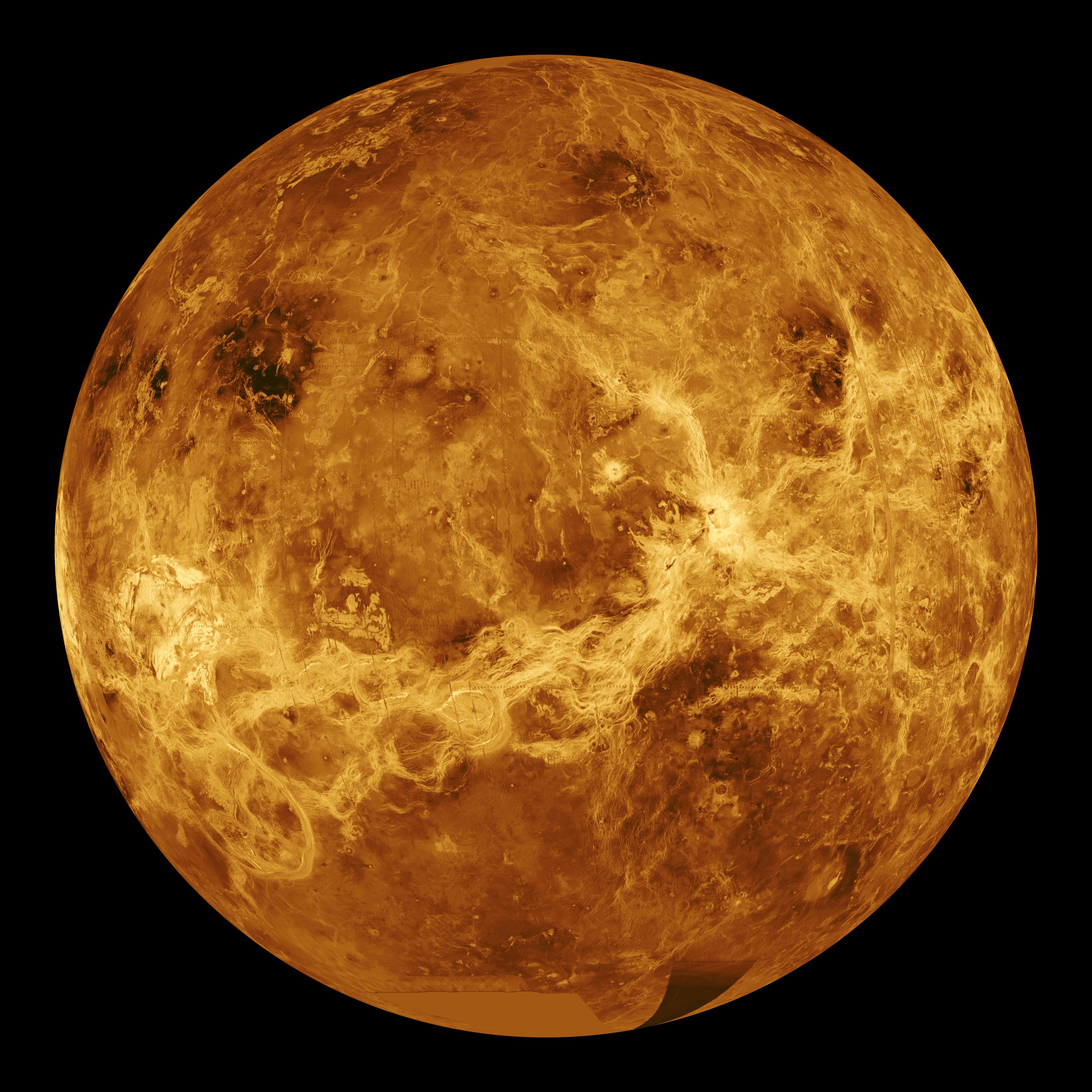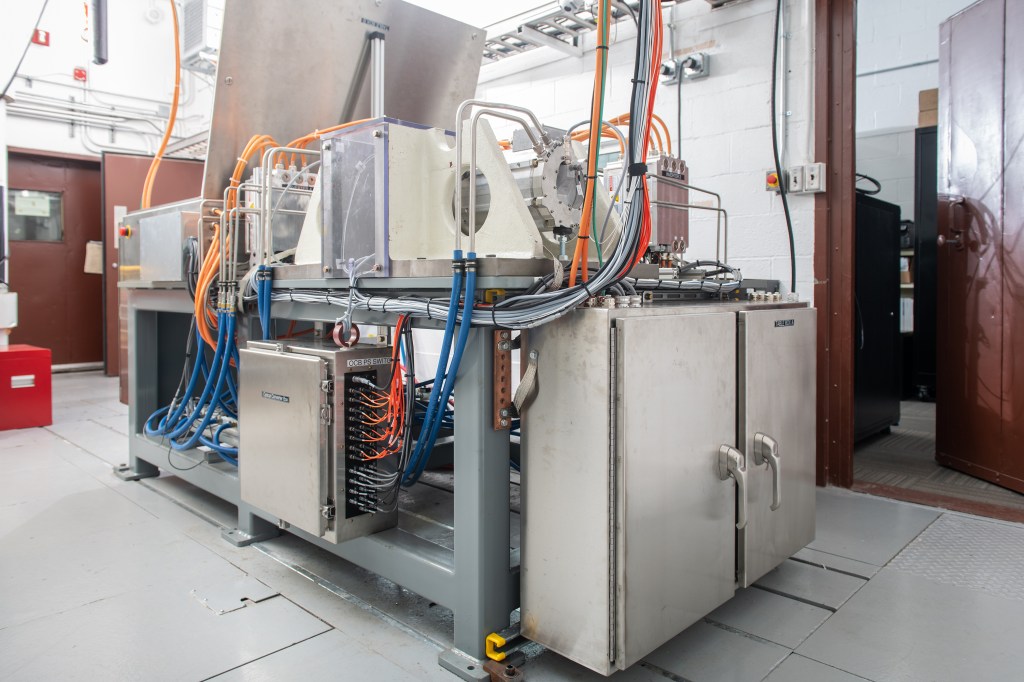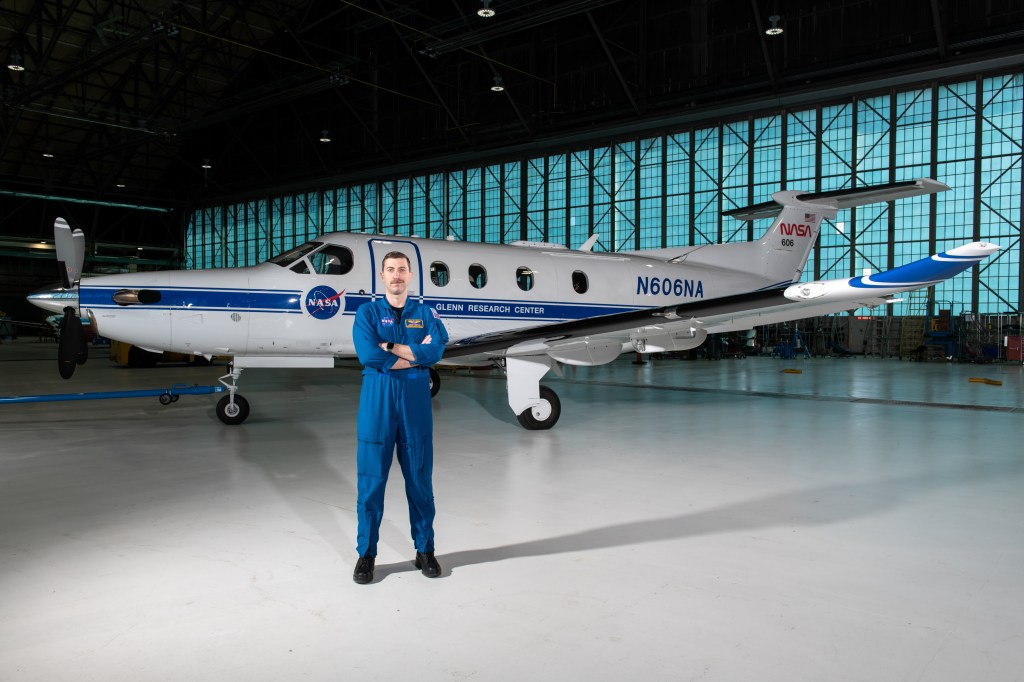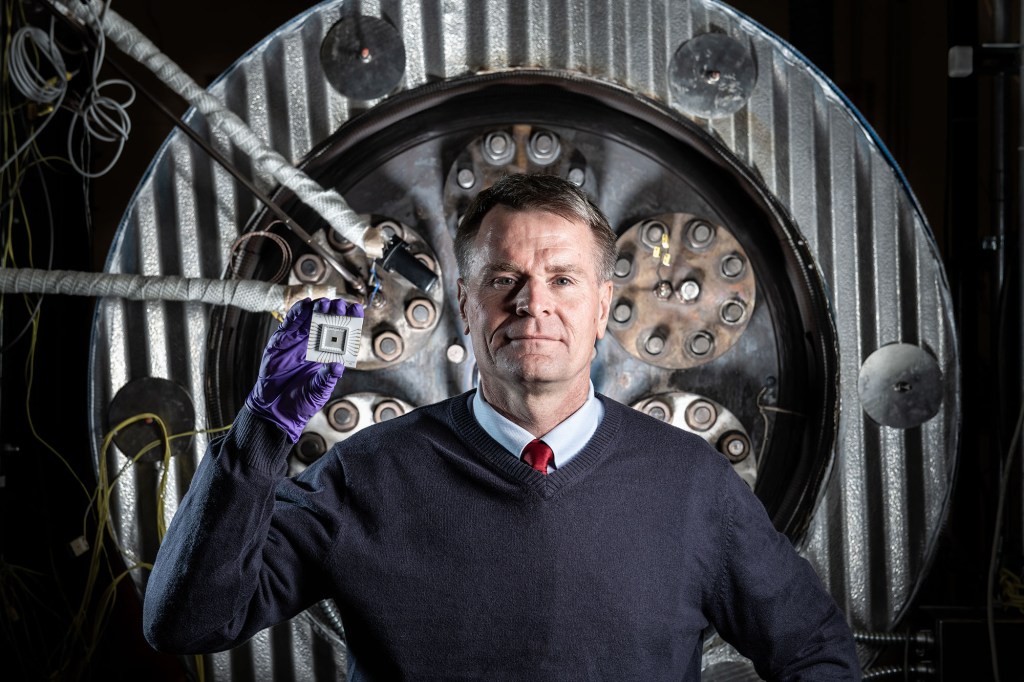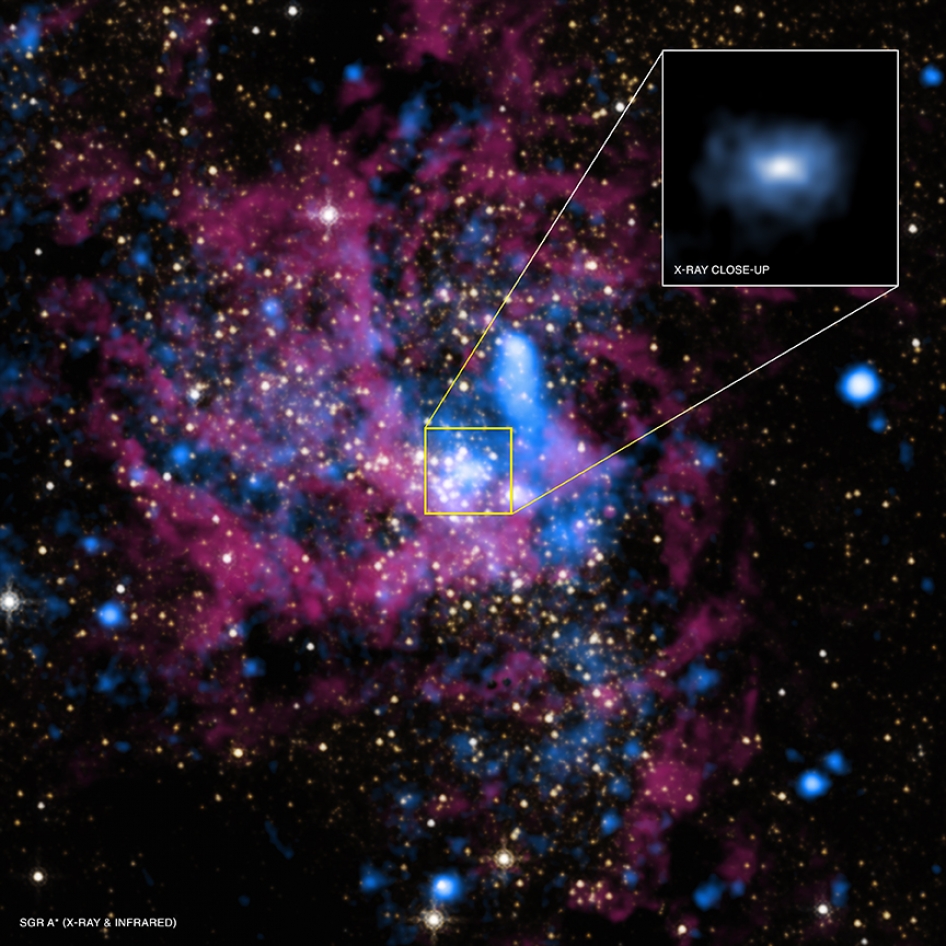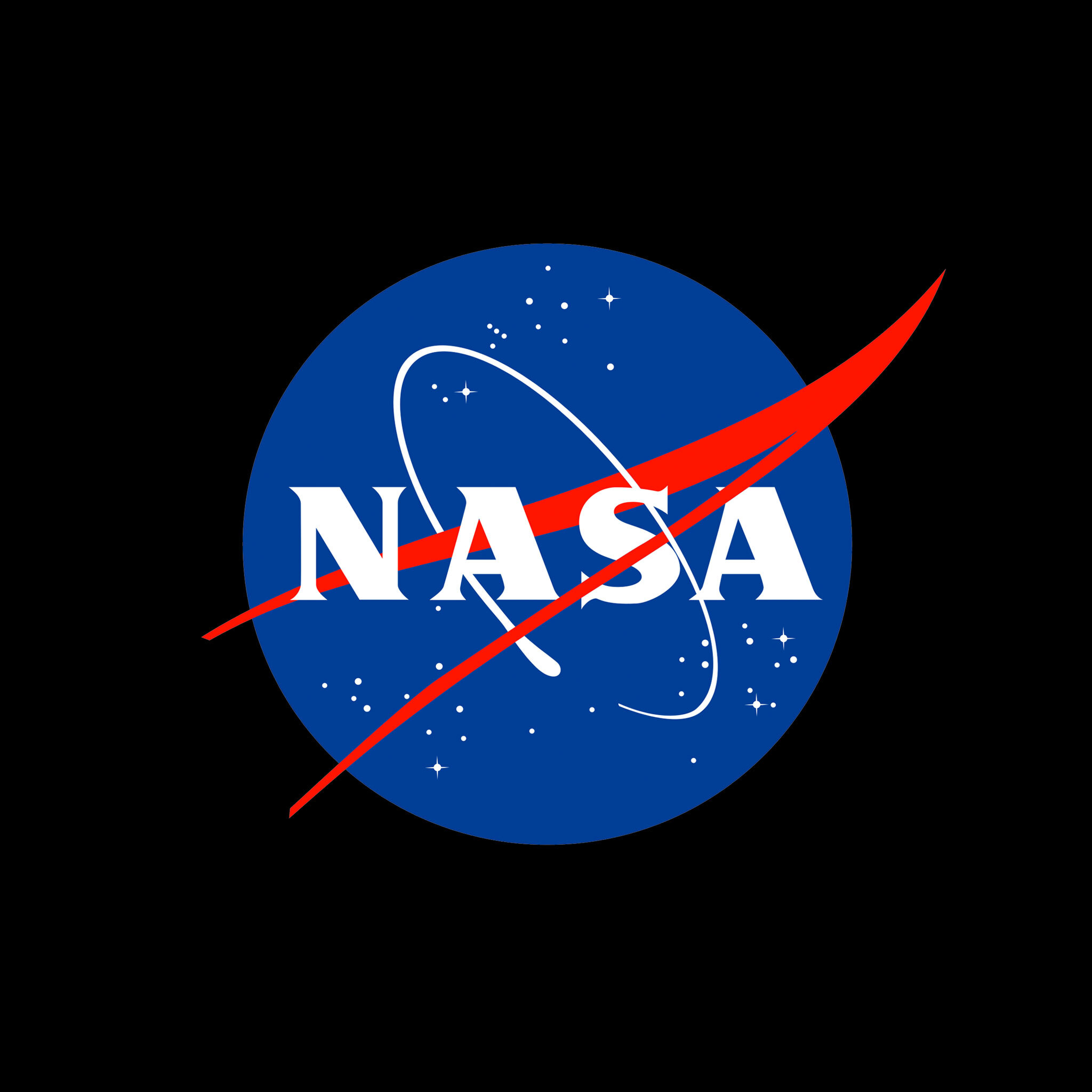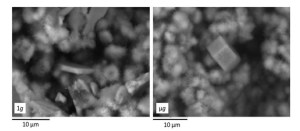2 min read
Correction to Definition of “early career” in Program Element E.10 SMD call for COVID Augmentations and Funded Extensions
Program Element E.10 SMD call for COVID Augmentations and Funded Extensions exists to mitigate the damage of the pandemic and the response to it from falling disproportionately on a subset of the SMD science community through providing the opportunity to request augmentations and funded extensions to existing research and technology development awards that support early-career researchers.
This Amendment changes the definition of early career in Program Element E.10 to make it consistent with that previously provided by the Science Mission Directorate. Specifically, the Frequently Asked Questions from August 2020 for the original Expression of Interest: SMD call for Augmentations and Funded Extensions (NNH20ZDA010L) stated that "…an individual will be considered to be a[n]…'early career researcher' if they met the definition of an Early Career Researcher when the [proposal for the] award to be extended was initially submitted to ROSES."
The due dates for proposals remain unchanged: Existing awardees may submit Post-COVID-19 Recovery proposals at any time until the final due date of March 5, 2021. Requests received by January 4, 2021 will be processed as a group. Requests submitted after January 4, 2021 but before March 5, 2021 will form a second group and will be processed together.
On or about December 7, 2020, this Amendment to the NASA Research Announcement "Research Opportunities in Space and Earth Sciences (ROSES) 2020" (NNH20ZDA001N) will be posted on the NASA research opportunity homepage at http://solicitation.nasaprs.com/ROSES2020
Questions concerning E.10 Post-COVID Recovery may be directed to:
Astrophysics: stefan.m.immler@nasa.gov
Biological and Physical Science: bcarpenter@nasa.gov
Earth Science: jack.kaye@nasa.gov
Heliophysics: mona.kessel@nasa.gov
Planetary Science: stephen.a.rinehart@nasa.gov


